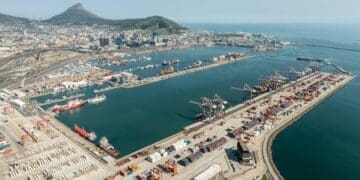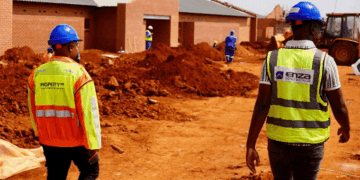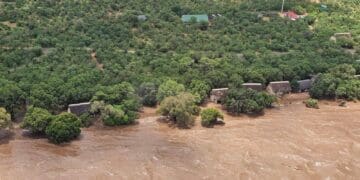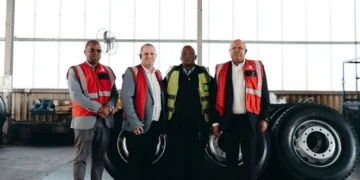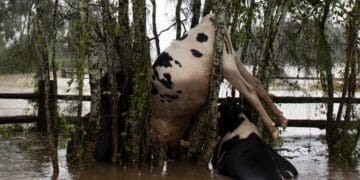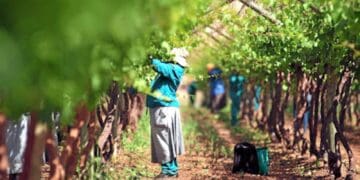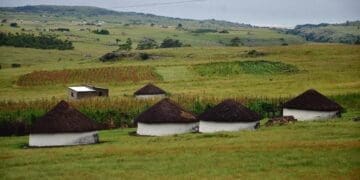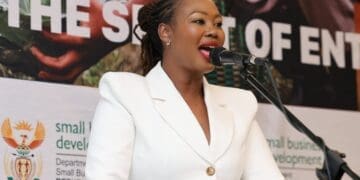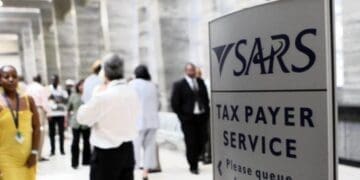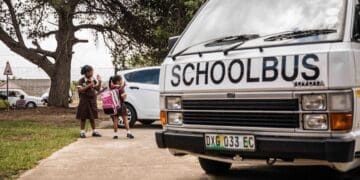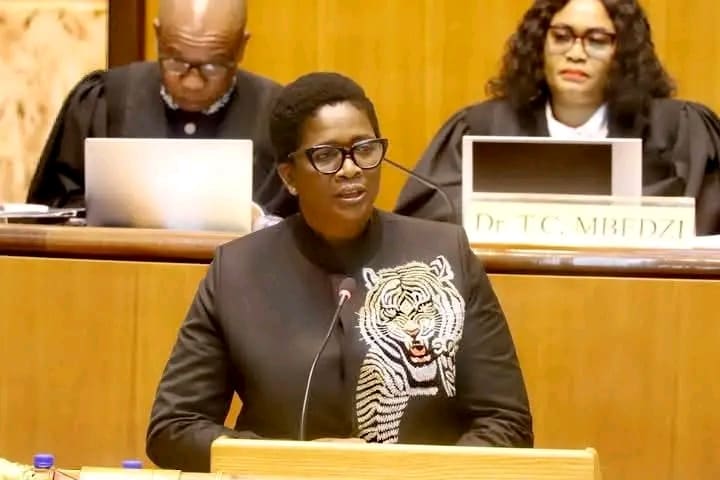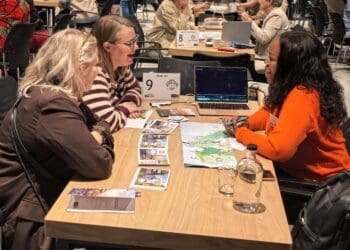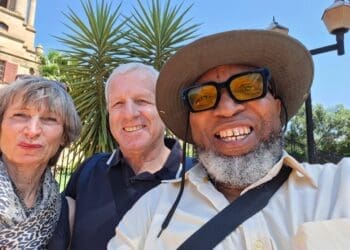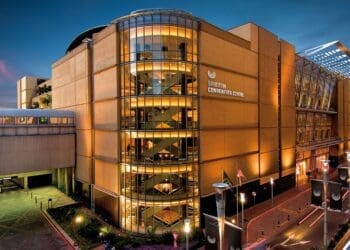Tourism SMEs in the North West province have cautiously welcomed the R71.6 million budget allocation aimed at boosting their sector, but many say they have heard it all before.
Economic development, environment, conservation and tourism MEC Bitsa Lenkopane delivered the department’s budget on Wednesday. He placed SMEs in tourism at the front and centre of the province’s economic revival.
The tourism programme received R71.591 million, up from R68.631 million the previous year, a nod to the growing pressure on government to stimulate inclusive growth.
It includes R29.5 million for capital expenditure on the Taung Hotel School, a provincial facility that trains youth and aspiring tourism entrepreneurs in hospitality.
The remaining R42 million is set aside for operational support, including marketing, digital platforms, product development, skills training and seed funding for township and rural tourism enterprises.
Despite the ambitious figures, responses from small business owners were measured.
“I’m glad they remembered us,” said Lubisi Busisiwe, a Mahikeng-based cultural tourism operator.
“But I have been running this business for eight years. Every year, they make announcements like this, but few of us ever see a cent.”
Others expressed concern about the delivery mechanisms and red tape that have historically plagued government support programmes.
“We don’t need motivational speeches; we need direct access to funds, mentors and markets,” said Theo Volschenk, owner of the Game View Lodge in Vryburg.
Their scepticism is not unfounded. In previous years, allocations for SMMEs in tourism have often failed to reach intended beneficiaries, either due to delays, unclear application processes, or a lack of local implementation partners.
The budget also placed environmental sustainability and climate resilience firmly on the agenda. The environmental services programme was allocated R416.3 million, a portion of which is expected to support green economy initiatives such as waste management, recycling, eco-tourism and conservation-based enterprises.
SMEs working in the green tourism and environmental services see potential, but caution that this will only be possible if funding becomes accessible.
“There’s so much talk about green jobs,” said Tebogoh Radikomiki, the founder of a waste-to-art co-op Radikomiki Recyclers Pty Ltd in Rustenburg.
“But our projects are often too small or too new to qualify under current funding structures,” said Radikomiki.
The real impact will depend on how much of the R42 million in operational funds actually reaches entrepreneurs and how soon.
“What we need are partnerships, not paperwork,” said Radikomiki.
“Let government walk with us, not just ahead of us.”
The department has promised further support through linkages to national funds such as the Tourism Equity Fund and various green innovation grants. But for now, the message from the SMME community is clear: talk is cheap; implementation is everything.
Whether this year’s budget turns promise into progress will depend not on numbers, but on delivery, transparency and political will.




